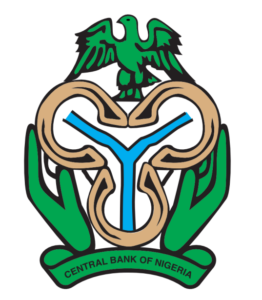When it comes to managing your finances, choosing the right type of account can make a significant difference in achieving your financial goals. Two common options for storing and growing your money are savings accounts and fixed deposit accounts. While both offer advantages and serve different purposes, understanding their differences is crucial in making informed decisions about where to allocate your funds. Let’s explore the distinctions between these two types of accounts:
Savings Account:
A savings account is a basic deposit account offered by banks and financial institutions that allows individuals to deposit and withdraw funds while earning interest on their balances. Here are some key features of savings accounts:
Liquidity: One of the primary advantages of a savings account is its high level of liquidity. Account holders can access their funds easily through ATM withdrawals, online transfers, or in-person transactions, making savings accounts suitable for everyday expenses and emergency needs.
Interest Rates: Savings accounts typically offer lower interest rates compared to fixed deposit accounts. While the interest earned may not be substantial, it provides a modest return on your deposits while keeping your money readily accessible.
No Fixed Tenure: Unlike fixed deposit accounts, savings accounts do not have a fixed tenure or maturity date. Account holders can deposit and withdraw funds as needed without incurring penalties or restrictions, providing flexibility and convenience for managing cash flow.
Minimum Balance Requirements: Some savings accounts may require a minimum balance to be maintained to avoid fees or qualify for certain benefits. However, many banks offer no-minimum-balance savings accounts to accommodate customers with varying financial needs.
Safety and Security: Savings accounts are typically insured by government deposit insurance schemes, providing protection for deposited funds up to a certain limit in the event of bank failure or insolvency.
Fixed Deposit Account:
A fixed deposit (FD) account, also known as a time deposit or term deposit, is a financial instrument that allows individuals to deposit funds for a fixed period at a predetermined interest rate. Here are the distinguishing characteristics of fixed deposit accounts:
Fixed Tenure: Fixed deposit accounts have a specified tenure or maturity period, ranging from a few months to several years. During this period, the deposited funds are locked in, and withdrawals may be subject to penalties or restrictions.
Higher Interest Rates: Fixed deposit accounts typically offer higher interest rates compared to savings accounts, especially for longer tenure deposits. The interest rate is determined at the time of opening the FD account and remains fixed for the entire tenure, providing certainty of returns.
Interest Payout Options: Depending on the terms of the FD agreement, interest may be compounded and reinvested until maturity, or paid out at regular intervals (e.g., monthly, quarterly, annually, or at maturity). Account holders can choose the payout option that best suits their preferences and financial goals.
Penalties for Early Withdrawal: Withdrawing funds from a fixed deposit account before the maturity date may result in penalties or loss of interest earnings. However, some banks offer partial withdrawal facilities or premature closure options with reduced penalties under certain circumstances.
Suitability for Long-Term Savings: Fixed deposit accounts are well-suited for individuals seeking to preserve capital and earn a predictable return on their savings over a specified period. They are commonly used for achieving medium to long-term financial goals, such as education expenses, buying a home, or retirement planning.
In summary, by understanding the differences between these two types of accounts and their respective features, individuals can make informed decisions that align with their financial objectives and risk tolerance levels. Whether prioritizing accessibility or maximizing returns, choosing the right combination of accounts can help you effectively manage and grow your money to achieve your long-term financial aspirations.


